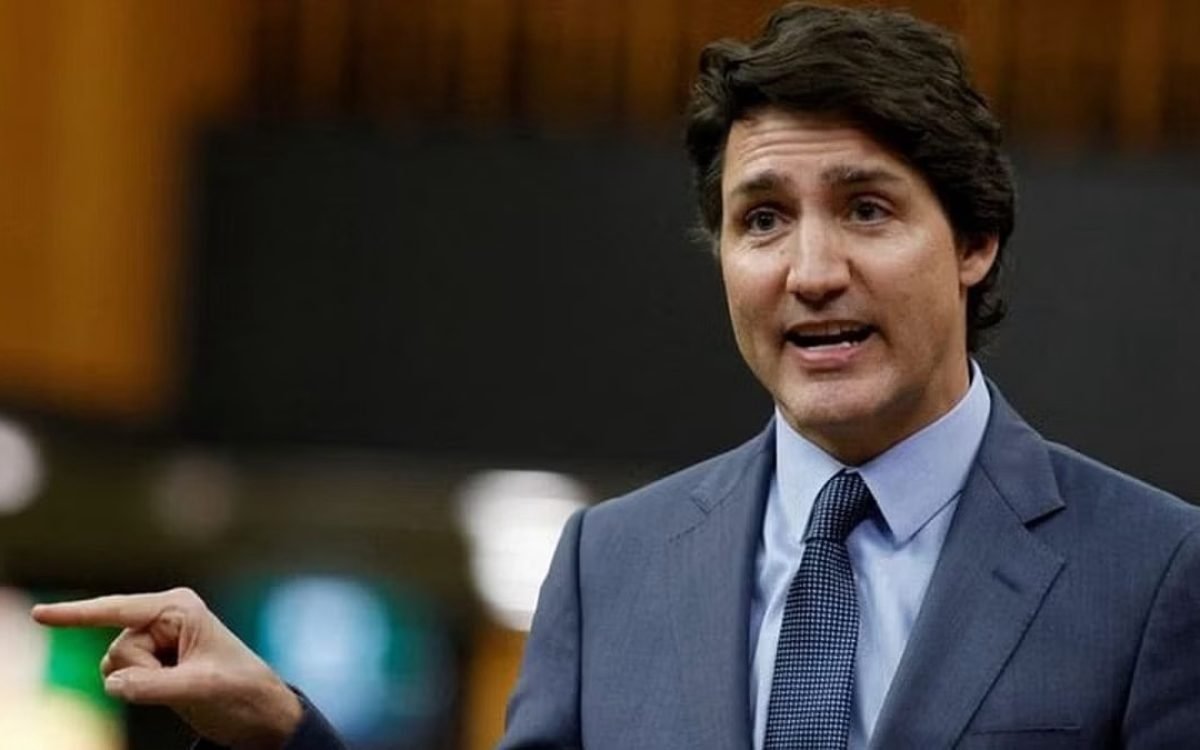In a recent public inquiry that has sparked nationwide attention, Canadian Prime Minister Justin Trudeau delved into the contentious issue of foreign interference in federal elections. The inquiry, initially focused on examining potential meddling by China and Russia, expanded its scope to include other countries like India, prompting a thorough investigation into safeguarding Canada’s democratic processes.
Trudeau’s remarks during the inquiry shed light on the complexities and nuances surrounding allegations of foreign interference, particularly regarding purported Chinese involvement. At the heart of the matter lies a crucial question: to what extent do diplomatic activities cross the line into illicit attempts at influence?
Central to the discussion are reports suggesting that individual Chinese officials, including Tong Xiaoling, a former consul-general in Vancouver, expressed preferences for certain election outcomes. Tong’s alleged remarks, boasting about influencing the defeat of a Conservative member of parliament critical of Beijing, raised eyebrows and fueled concerns about external manipulation of Canadian politics.
However, Trudeau struck a cautious tone, questioning the intelligence provided by the Canadian Security Intelligence Service (CSIS) and expressing skepticism about the likelihood of the Chinese government favoring a particular Canadian political party. While acknowledging the possibility of foreign interference, he emphasized the need to differentiate between normal diplomatic conduct and covert attempts at influence.
Trudeau’s stance underscores the delicate balance between maintaining diplomatic relations and safeguarding the integrity of democratic processes. He highlighted the importance of discerning between legitimate expressions of preference and actions indicative of malicious interference, noting that there are clear indicators beyond mere diplomatic remarks.
As the inquiry progresses, Canada faces the formidable task of navigating through the intricate web of international relations while ensuring the sanctity of its electoral system. The outcome of the investigation will likely inform future policies and measures aimed at fortifying Canada’s defenses against external manipulation and preserving the fundamental principles of democracy.
In this era of heightened geopolitical tensions and digital interconnectedness, the issue of foreign interference in elections transcends borders, underscoring the imperative for nations to remain vigilant and proactive in safeguarding the democratic rights of their citizens. Trudeau’s testimony serves as a reminder of the challenges and responsibilities inherent in defending democracy against external threats in an increasingly complex global landscape.









